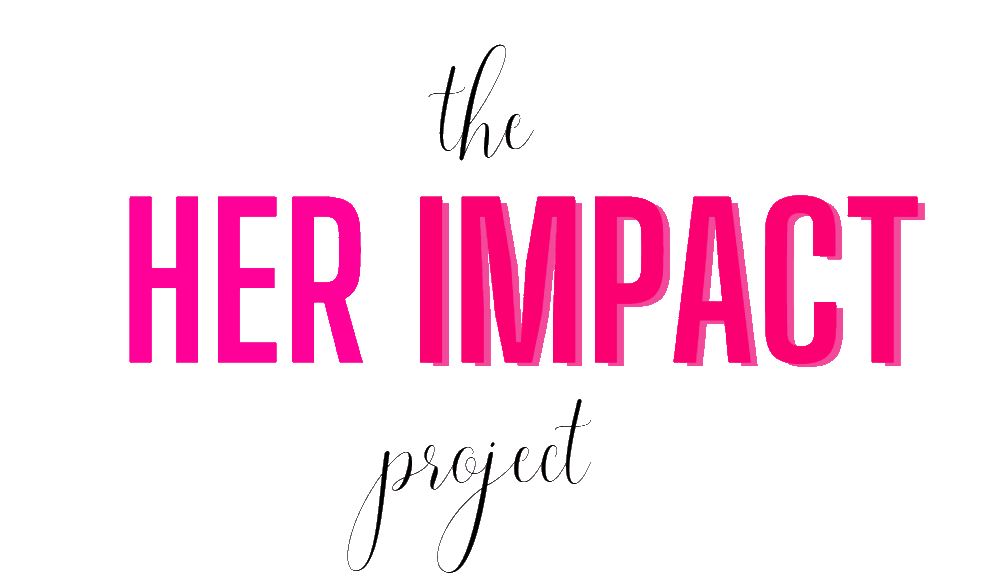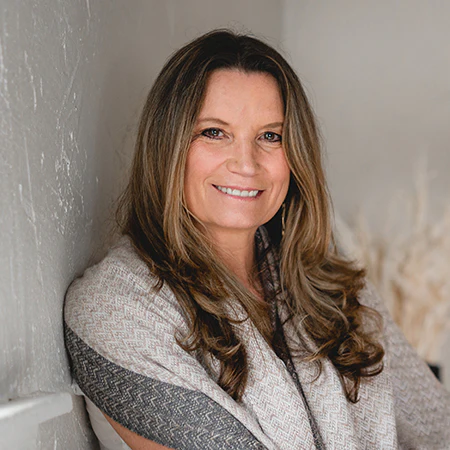
July 25, 2024
Learning How Love Heals All with Becca Stevens

Hi Everyone,
Thank you for reading our sixteenth blog post. We are honored to have Becca Stevens, the founder and President of Thistle Farms, featured on our blog! As the founder of Thistle Farms, she is committed to creating a more loving, compassionate, and just world. Becca's own life journey, marked by the loss of her father and subsequent childhood abuse at the age of 5, instilled in her a deep desire to create a sanctuary for survivors and offer them a nurturing community. Since its founding in 1997, Thistle Farms has employed more than 1,800 women worldwide and offers women survivors of trafficking and prostitution the space to heal and thrive by providing free services to 28 women, including housing, medical care, therapy, and education for two full years.
Before starting Thistle Farms, Becca attended divinity school at Vanderbilt University in Nashville. She was ordained for about four years when she began offering temporary housing to women alongside a small team of volunteers. They opened their doors to five women who had experienced trafficking, prostitution, and addiction. Together, they lived and healed as a community.
Becca's idea for the residential program stemmed from her previous work with nonprofits that provided short-term resources for communities impacted by poverty, violence, and abuse. She wanted to allow long-term healing—so she considered the perspective of women coming off the streets or out of prison and went from there.
Four years after the residential program was founded, Thistle Farms embarked on creating social enterprises. Becca recognized the financial hurdles that the women they were assisting encountered, primarily stemming from employment barriers. She was not only concerned about the economic well-being of the residents but also driven by her entrepreneurial spirit and passion for innovative ventures. These social enterprises play a pivotal role in funding Thistle Farms' mission and in creating meaningful employment opportunities for women survivors.
Thistle Farms has been successful in its mission and has even been featured in prominent publications such as Forbes, The New York Times, and People magazine. Becca herself is a driving force behind more than 70 Justice Initiatives and has raised over $75 million to support women in need. Nevertheless, reaching this point took a lot of work. Becca openly acknowledges that she underestimated the time and costs involved during the early stages of developing Thistle Farms and launching new initiatives. She emphasizes, "The more justice enterprises you start, the easier it gets. You start a track record, and people trust your ideas."
Thistle Farms has unquestionably made a significant impact. Its work challenges systems that commodify, criminalize, and exploit women.
To conclude this blog post, let's delve into the origin of the company's name. Thistle is a plant that often grows in the streets and alleys where the women of Thistle Farms have walked. Despite being considered weeds by many, thistles possess deep roots that can break through concrete and endure drought. The thistle's resilience, vibrancy, and healing qualities mirror the survival and flourishing of women survivors.
Be sure to visit their website, www.thistlefarms.org, to view Thistle Farm’s shop, mission, and impact. You can also follow Thistle Farms on social media to learn more about the women they serve.
Thank you for reading our post!
Question & Answer
What was your career prior to founding Thistle Farms?
I started thinking about Thistle Farms while I was still in divinity school at Vanderbilt University in Nashville. I was ordained about 4 years when I started organizing a board and offering temporary housing to women.
How did you get your idea for the residential program?
I had worked with non-profits that provided short-term resources for communities impacted by poverty, violence and abuse. I wanted to provide an opportunity for long-term healing—so I considered what I would want if I was coming off the streets or out of prison.
How did this lead to the social enterprise?
The social enterprise came about 4 years after the founding of the residential program and I started it because it was too hard for women with felonies to find work. We were concerned about the economic well-being of the residents, but also I have always been an entrepreneur and loved thinking about new ventures.
What were any obstacles you faced while developing your business?
All new ventures take more time to develop than you imagine and cost more money than you budgeted for---so there are always obstacles. The more justice enterprises you start, the easier it gets. You start a track record and people trust your ideas.
Did gender play a factor in any of these?
I believe gender, for better or worse, always plays a role in the work of justice and faith. I think it's hard to know what that role is sometimes, because I haven't ever tried to do this work apart from being a woman. I try to keep a sense of humor, work hard, and give folks the benefit of the doubt when I wonder if I am being treated differently because of my gender. Mostly, I am blown away by the kindness and generosity of folks.
How does your business focus on giving back to women? Why is this a main focus of your company’s business? When building your business, what are some core values you knew you wanted to instill?
I recommend the Thistle Farms website for this info.
After starting Thistle Farms, what inspired your other initiatives?
I have heard the universal story of the abuse and exploitation of women told to me in twenty different languages. The inspiration to open a home for women in Nashville is the same inspiration that moves me to help open homes in Belize, Botswana, and Baltimore!
Site made by Ashwin Iyer